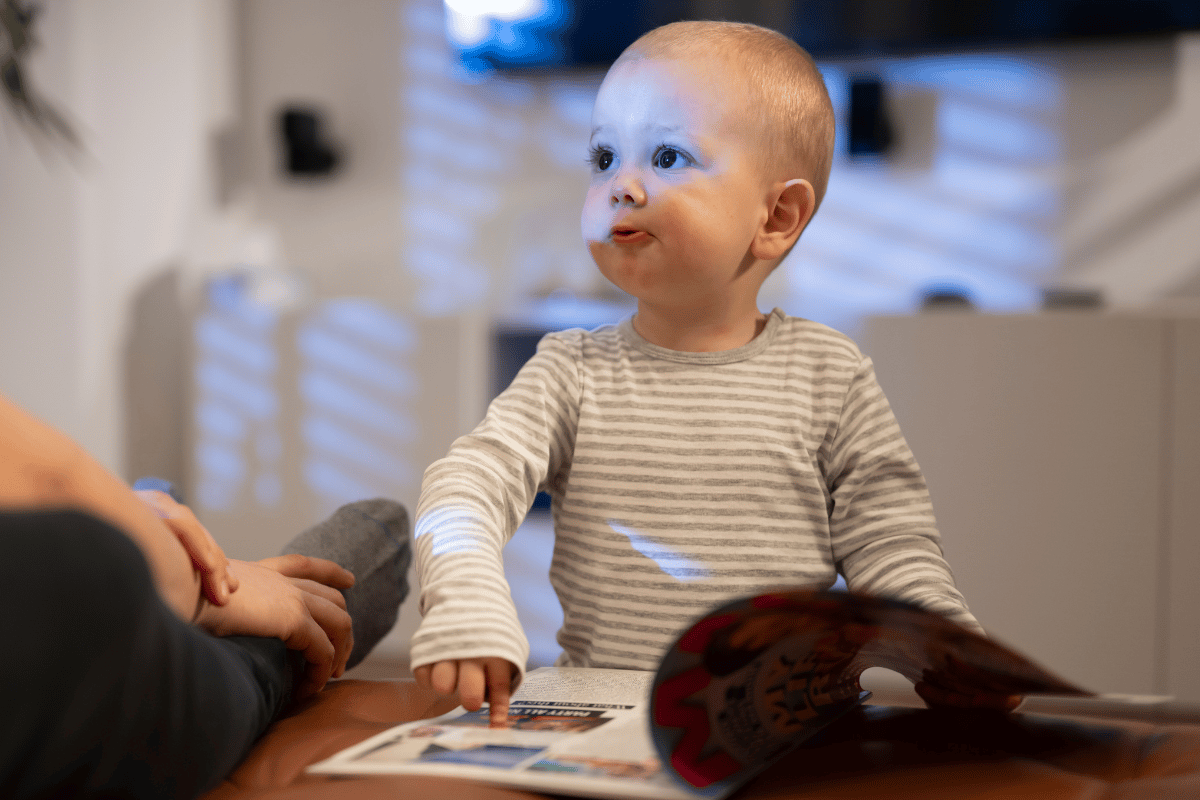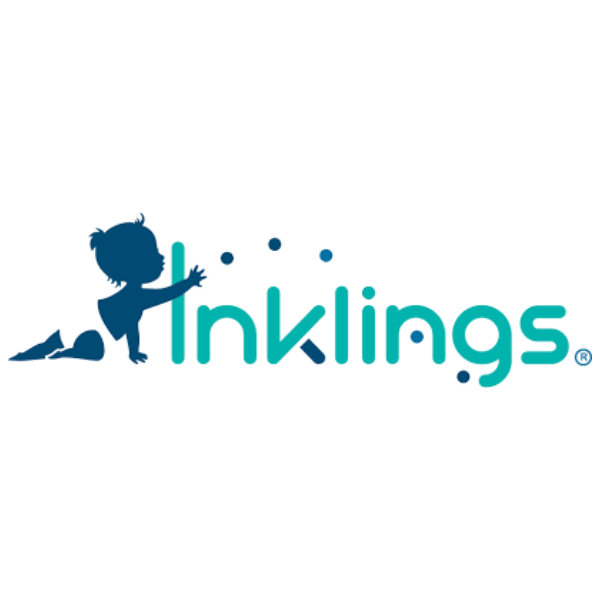

When you become a parent or a caregiver, you start collecting milestones like souvenirs.
Their first smile, first laugh, first word. The first time they waved goodbye (even if it was to the toaster).
But alongside those moments come the quiet questions and the pressure.
Should they be crawling by now? Saying more?
Wait — that baby at playgroup can already sit up?
And comparison, while totally human, can feel heavy — especially in those early months when you're still learning your baby's rhythm.





























































































